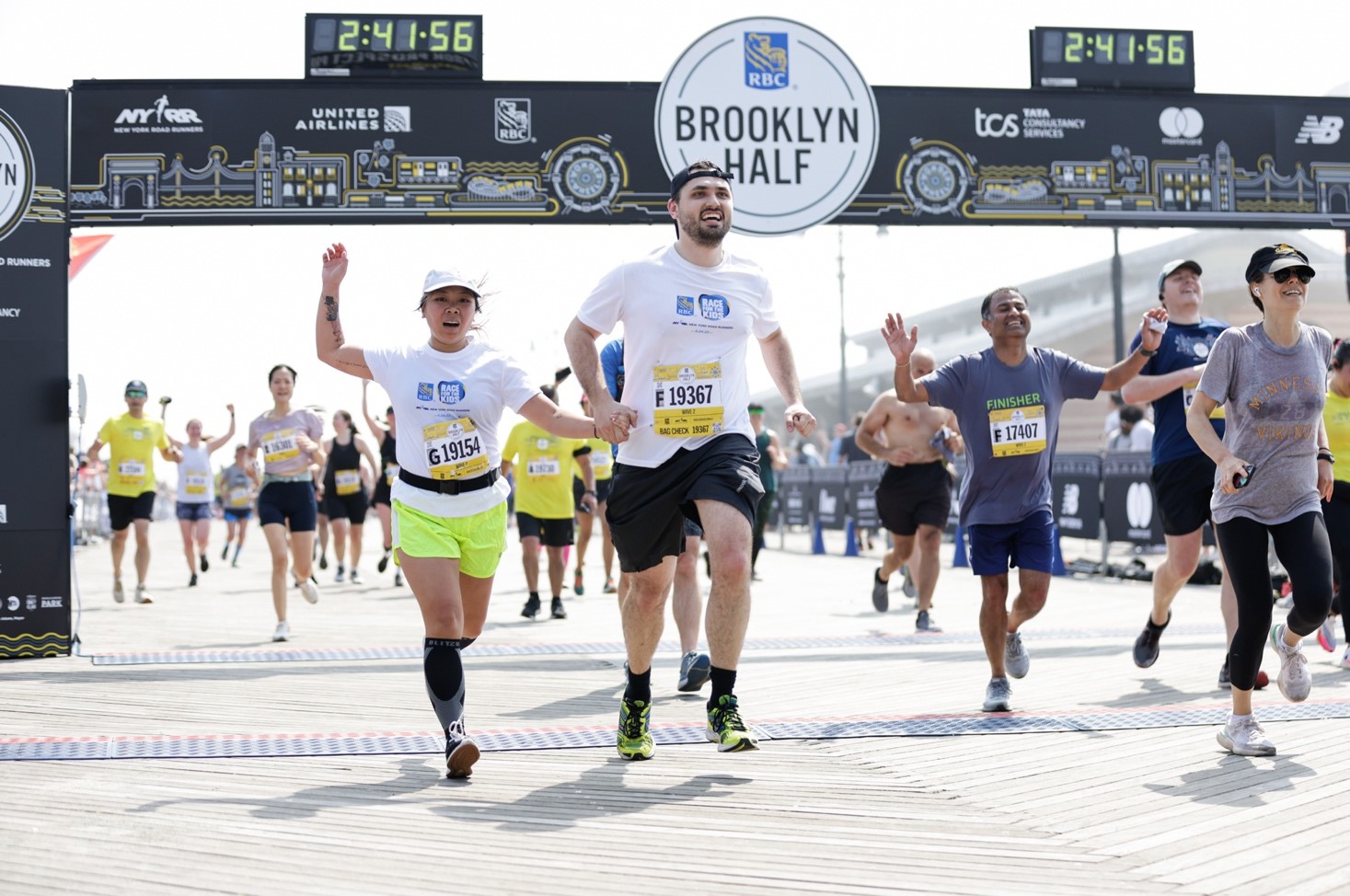This fall, students at dozens of universities are returning to campuses that are under federal investigation for the way they handle sex offense complaints. Among them are some of the most prestigious Ivy League schools.
Harvard, Princeton, Dartmouth, and Brown are all on the U.S. Department of Education list of 68 post-secondary schools facing Title IX, the federal civil rights law that requires gender equity in public education, probes as of July.
Additionally, 23 students at Columbia University recently filed their own Title IX complaint, alleging the school routinely mishandles gender-based misconduct complaints.
An I-Team analysis of federal data shows the average four-year college recorded about one sex offense complaint per 5,000 students each year between 2010 and 2012.
Five of the eight Ivy League schools recorded triple that number.
Why are such storied and grand institutions home to so many complaints about sexual misconduct?
Experts do not think the reason is because more sex crimes are actually occurring on Ivy campuses.
"I think higher numbers of students reporting sexual offenses suggests there is a process in place that students feel comfortable going to," said Suzanne Goldberg, a Columbia law professor who helped write the university's policy on gender based misconduct.
Local
Goldberg says recording more sex complaints is not necessarily a bad thing.
"I think actually all the data suggests that sexual violence including rape, including sexual harassment, including sexual exploitation and domestic violence, takes place fairly evenly across the population at universities."
The I-Team reached out to all eight Ivy League institutions and most of them made the very same point – that higher numbers likely reflect a better atmosphere for reporting. Some schools also cast doubt on the usefulness of the federal database of campus crime statistics. All post-secondary schools are required under the Clery Act to record and publicly report 16 different crimes that occur on or near campus. The crimes must be reported whether or not students are victims or perpetrators.
Princeton spokesman Michael Caddell said his school includes not only sex offense complaints made to public safety and police departments, but also the numbers of complaints disclosed to confidential counselors.
“Princeton University has a very safe campus, and focusing on one element of our required reporting not only fails to give a full picture of our campus climate or of crime but it raise [sic] questions about the approach and intent. ” Caddell wrote in an email to the I-Team.
Karen Peart, a spokeswoman for Yale, also questioned the whether Clery statistics provide a full picture. In an email she wrote, “We trust you will point out that who reports crimes is not limited to students.”
Brown University spokesman Mark Nickel stressed that Brown reports statistics -- not just from on campus but also from the nearby areas of Providence.
“We also report local police statistics for off-campus affiliated hospitals in Providence, East Providence, and Pawtucket,” Nickel wrote in an email. “These facilities support teaching and research for the Alpert Medical School of Brown University.”
This summer, Harvard updated its policies on sexual misconduct including the creation of a new Office for Sexual and Gender-Based Dispute Resolution.
In response to federal guidance and student complaints like the one from Emma Sulkowicz, who is carrying a mattress around campus as a protest until a student who she says raped her is expelled, Columbia has also created a new office to handle sexual and gender misconduct complaints. There will be better trained investigators and hearing officers, more staff, and an easier pathway to reporting complaints.
If you want to check up on your university, you can use the interactive map at the top of this article. It shows you thousands of 4-year colleges across the country and across our region. Just click on school and you can see how often students file complaints about sex offenses. The map also provides data on alcohol, drug, and weapons arrests on each campus.
Because the numbers may represent higher levels of reporting -- not necessarily more crime -- the data should only be are a starting point.
Currently Sen. Kirsten Gillibrand (D-NY) is sponsoring legislation that would provide for a standardized confidential sexual climate survey to be taken by students across the nation. She says that would make it easier to interpret the numbers of crime reports at each school.
“If there’s a school where the confidential survey says there’s a vast number of sexual assaults and very few are being reported, well then that most likely means the campus isn’t providing a safe environment for reporting,” Gillibrand said.



